8 oct 2020.
MIT researchers using superconducting quantum bits connected to a microwave transmission line have shown how the qubits can generate on demand the photons, or particles of light, necessary for communication between quantum processors.

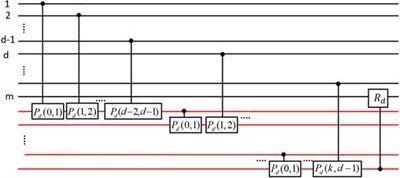
10 November 2020
Qudit is a multi-level computational unit alternative to the conventional 2-level qubit. Compared to qubit, qudit provides a larger state space to store and process information, and thus can provide reduction of the circuit complexity, simplification of the experimental setup and enhancement of the algorithm efficiency. This review provides an overview of qudit-based quantum computing covering a variety of topics ranging from circuit building, algorithm design, to experimental methods. We first discuss the qudit gate universality and a variety of qudit gates including the pi/8 gate, the SWAP gate, and the multi-level controlled-gate. We then present the qudit version of several representative quantum algorithms including the Deutsch-Jozsa algorithm, the quantum Fourier transform, and the phase estimation algorithm.
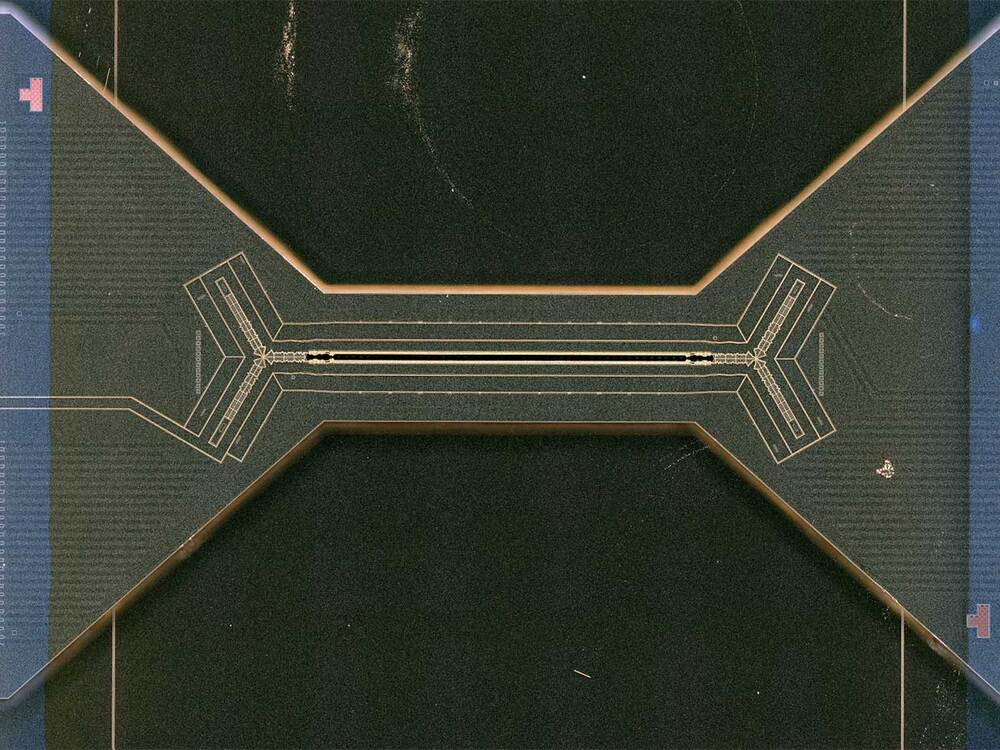
Sandia Labs pioneers Just Another Quantum Assembly Language (.
Quantum computing arguably isn’t quite full-fledged computing till there’s quantum software as well as hardware. One open-source quantum computer project at Sandia National Laboratories in Albuquerque, New Mexico aims to address this disparity with a custom-made assembly language for quantum computation.
The quartz oscillator is an important electronic circuit, providing highly-accurate timing signals at a low cost. A quartz crystal has the special property of piezoelectricity, changing its electrical properties as it vibrates. Since a crystal can be cut to vibrate at a very precise frequency, quartz oscillators are useful for many applications. Quartz oscillators were introduced in the 1920s and provided accurate frequencies for radio stations. Wristwatches were revolutionized in the 1970s by the use of highly-accurate quartz oscillators. Computers use quartz oscillators to generate their clock signals, from ENIAC in the 1940s to modern computers. 1
A quartz crystal requires additional circuitry to make it oscillate, and this analog circuitry can be tricky to design. In the 1970s, crystal oscillator modules became popular, combining the quartz crystal, an integrated circuit, and discrete components into a compact, easy-to-use module. Curious about the contents of these modules, I opened one up and reverse-engineered the chip inside. In this blog post, I discuss how the module works and examine the tiny CMOS integrated circuit that runs the oscillator. There’s more happening in the module than I expected, so I hope you find it interesting.

When enough anomalies accumulate over time, paradigms change. We may be close to that inflection point right now. At this juncture of technoscientific progress, the boldest of us may admit that we’re overdue for the next post-materialist paradigm: Conventional scientific method is already bankrupt and needs to be supplanted by AI-powered quantum neo-empiricism, computational thinking and the cybernetic approach to reality.
#materialism #physicalism #philosophy #scientificmethod #evolutionarycybernetics
“The only reality is mind and observations but observations are not of things. To see the Universe as it really is, we must abandon our…
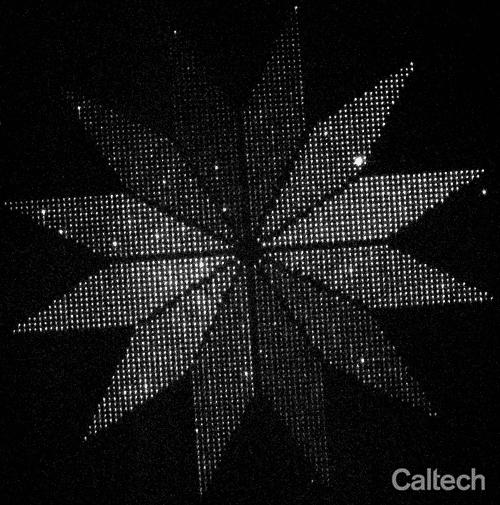
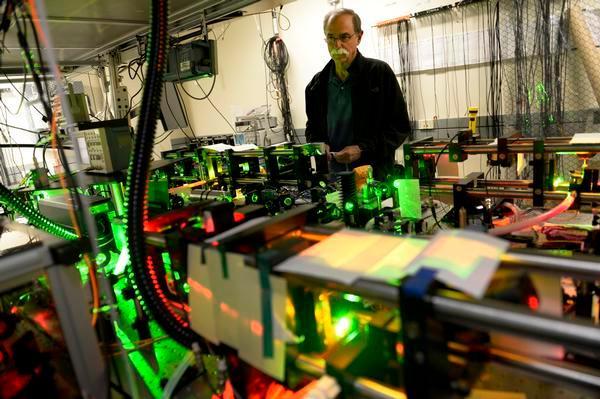
The Colorado Economic Development Commission normally doesn’t throw its weight behind unproven startups, but it did so on Thursday, approving $2.9 million in state job growth incentive tax credits to try and land a manufacturing plant that will produce hardware for quantum computers.
“Given the broad applications and catalytic benefits that this company’s technology could bring, retaining this company would help position Colorado as an industry leader in next-generation and quantum computing,” Michelle Hadwiger, the deputy director of the Colorado Office of Economic Development & International Trade, told commissioners.
Project Quantum, the codename for the Denver-based startup, is looking to create up to 726 new full-time jobs in the state. Most of the positions would staff a new facility making components for quantum computers, an emerging technology expected to increase computing power and speed exponentially and transform the global economy as well as society as a whole.
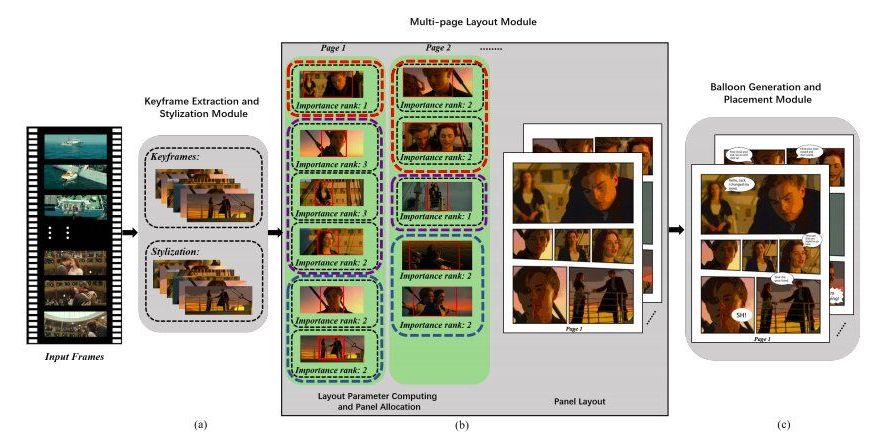
Over the past few years, computer scientists have created numerous computational techniques that can automatically generate texts, images and other types of data. These models are highly advantageous, particularly for creating data or creative works that are demanding and time-consuming for humans to produce manually.
D-Wave Systems Inc. today published a milestone study in collaboration with scientists at Google, demonstrating a computational performance advantage, increasing with both simulation size and problem hardness, to over 3 million times that of corresponding classical methods. Notably, this work was achieved on a practical application with real-world implications, simulating the topological phenomena behind the 2016 Nobel Prize in Physics. This performance advantage, exhibited in a complex quantum simulation of materials, is a meaningful step in the journey toward applications advantage in quantum computing.

Physicists from the University of Sussex have created what they called the tiniest microchips yet. The little microchips are made using graphene and other 2D materials and a form of “nano-origami.” The technique used in creating the tiny microchips marks the first time any researchers have been able to do this.
Researchers succeeded in making the tiny microchips by creating kinks in the structure of graphene to make the nanomaterial behave like a transistor. In their study, the team showed that when a graphene strip is crinkled in a specific way, it behaves like a microchip only about 100 times smaller than a conventional microchip. New construction methods are needed for microchips because traditional semiconducting technology is at the limit of what it can do.
The researchers believe that using the materials in their technique will make computer chips smaller and faster. The technology is dubbed “straintronics” and uses nanomaterials rather than electronics, allowing space for more chips inside a given device. The researchers believe everything we want to do with computers to speeding them up can be done by crinkling graphene.